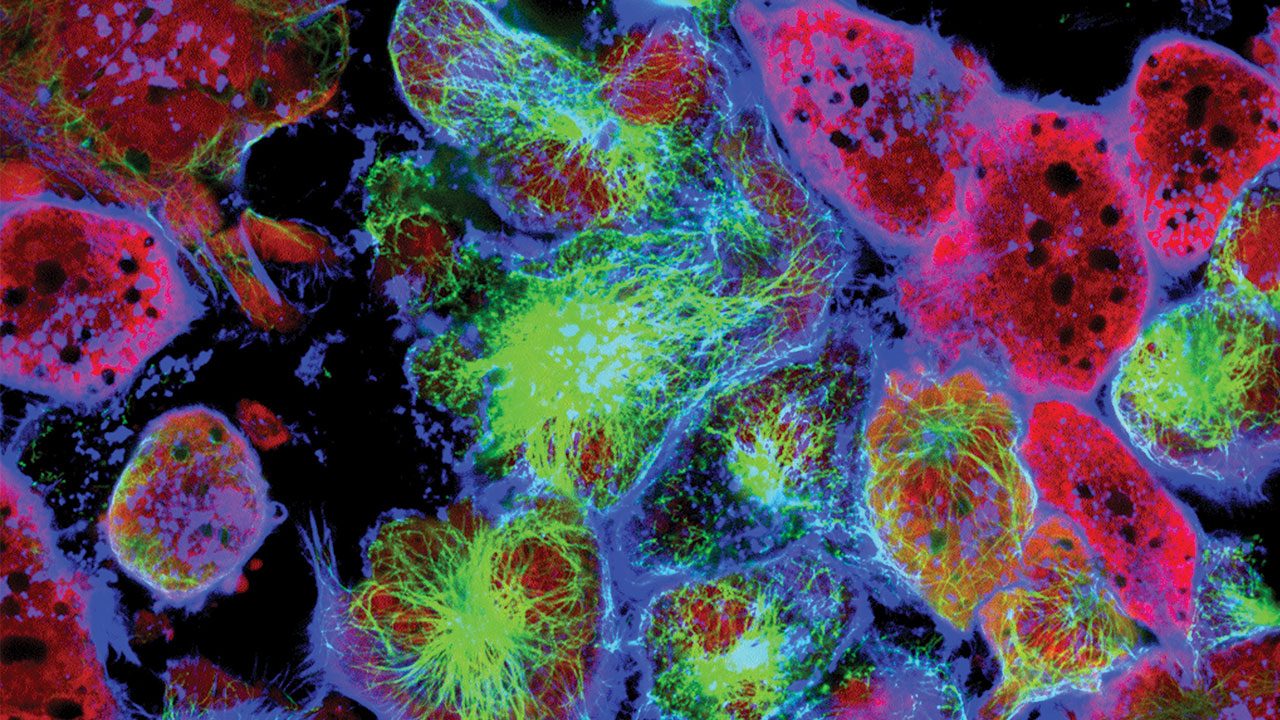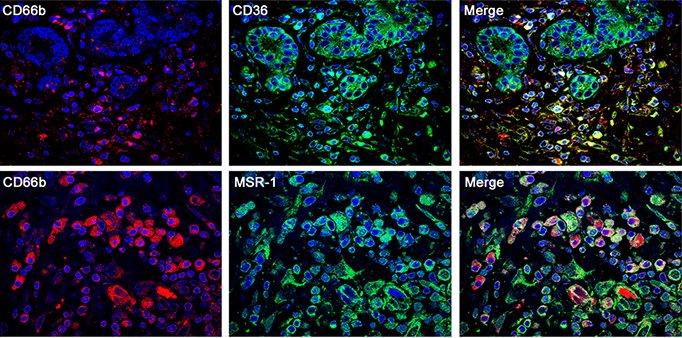Study Throws Light on Mutations Facilitating Cancer Cell Survival
Next generation sequencing (NGS) is becoming increasingly integrated into oncological practice and clinical research. NGS methods have also provided evidence for clonal evolution of cancers during disease progression and treatment.
Now, with the help of this sophisticated sequencing method, researchers identified genetic mutations that promote the survival of cancer cells.
“All cancers are caused by genetic damage, mutations to key genes that control the lives of cells,” notes Dr. Miele, who also heads LSU Health New Orleans’ Precision Medicine Program. “Mutant genes that cancers depend upon for survival are called ‘driver’ mutations.”
The researchers tested genes in 44 cancers that no longer responded to therapy. These are not often tested in clinical practice. The tumor types included breast, lung, colorectal, sarcomas, neuroendocrine, gastric and ovarian, among others.
They found that these advanced cancers had selected many new possible “driver” mutations never described before, in addition to drivers already known – the cancers had evolved new driver mutations to become resistant.
As it is, no cancers are genetically similar, the team found that in some cases an individual cancer had evolved two or even three drivers in the same gene, a sign
that multiple cancer cell clones had evolved in the same tumor that had found different ways of mutating a particularly important gene.With this information, the scientists believe therapy could be tailored to the evolving genomic picture of each individual cancer – the hallmark of precision medicine.
“These findings imply that genomic testing should be performed as early as possible to optimize therapy, before cancers evolve new mutations, and that recurrent cancers should be tested again, because their driver mutation may be different from those that existed at diagnosis,” says Miele.
“We are working toward a day when we won’t have to give a patient the devastating news that a cancer has come back and isn’t responding to chemotherapy,” Miele concludes.































